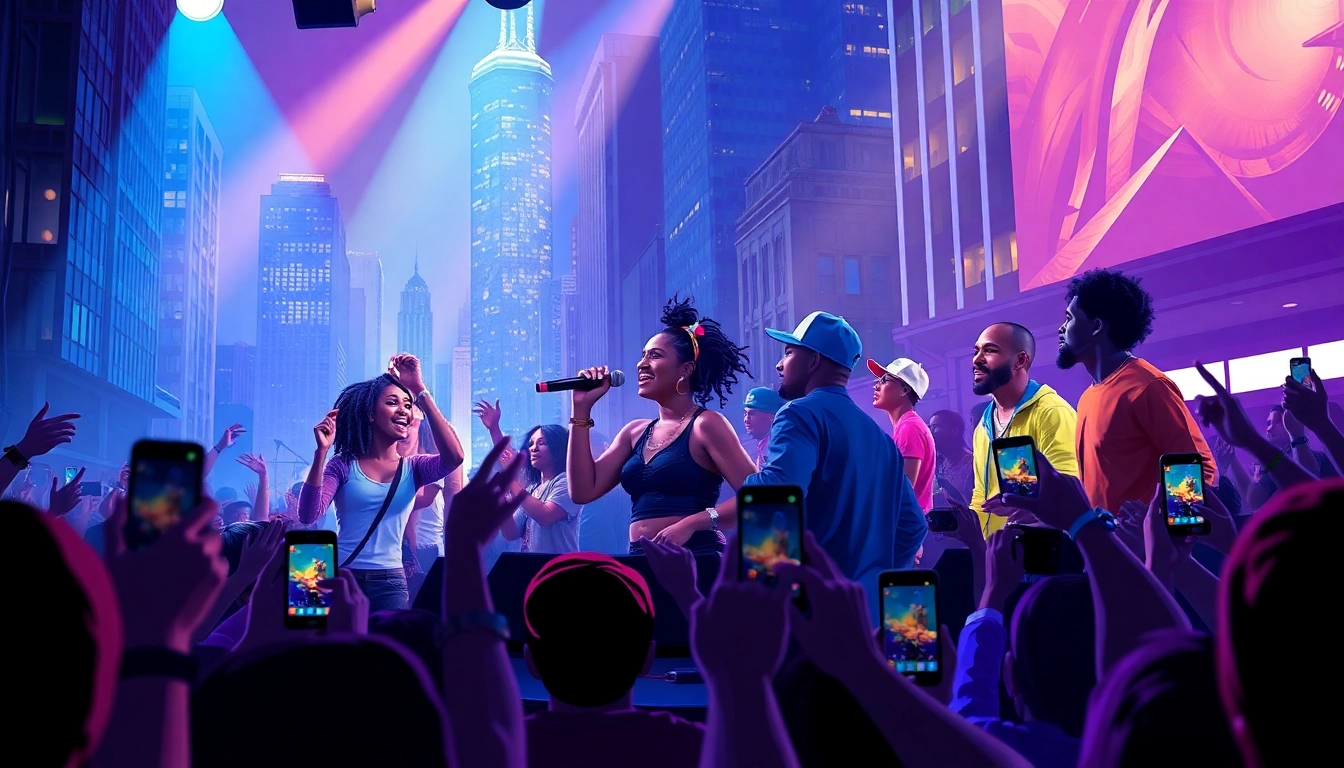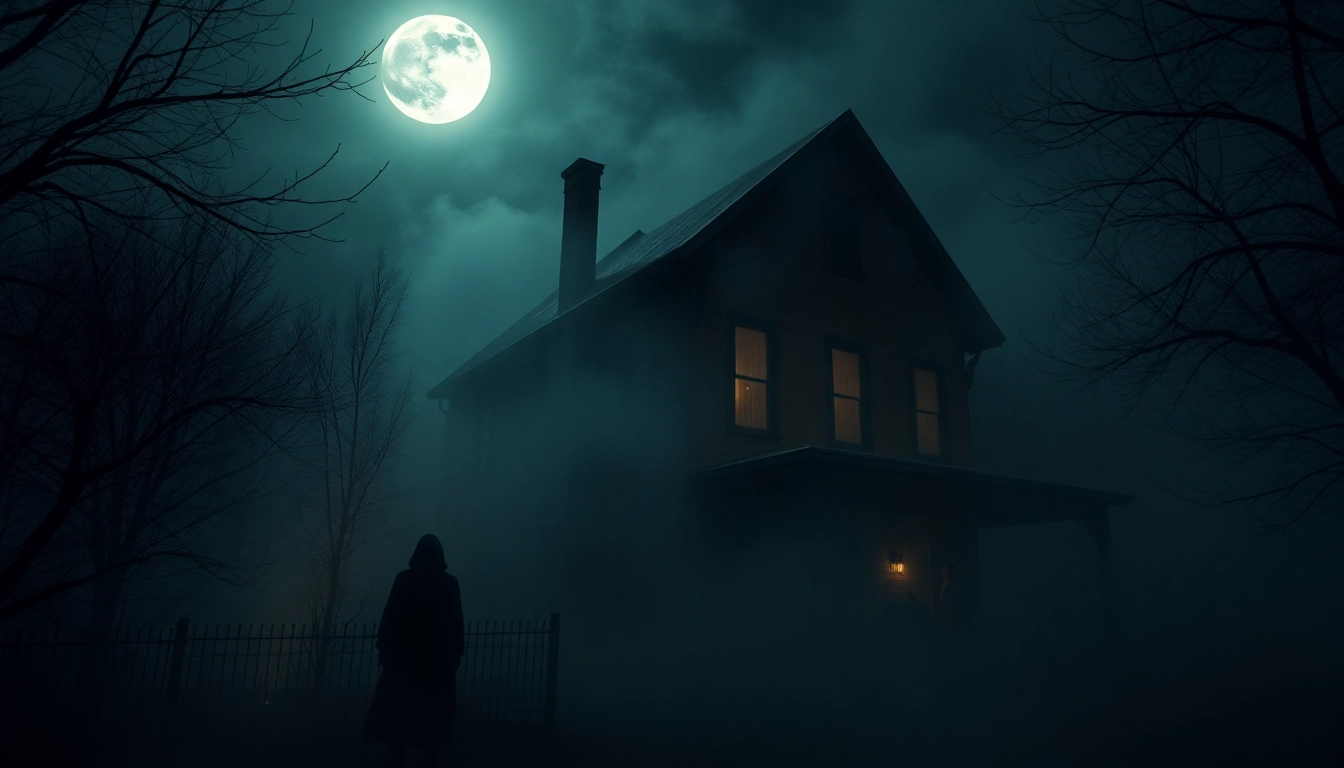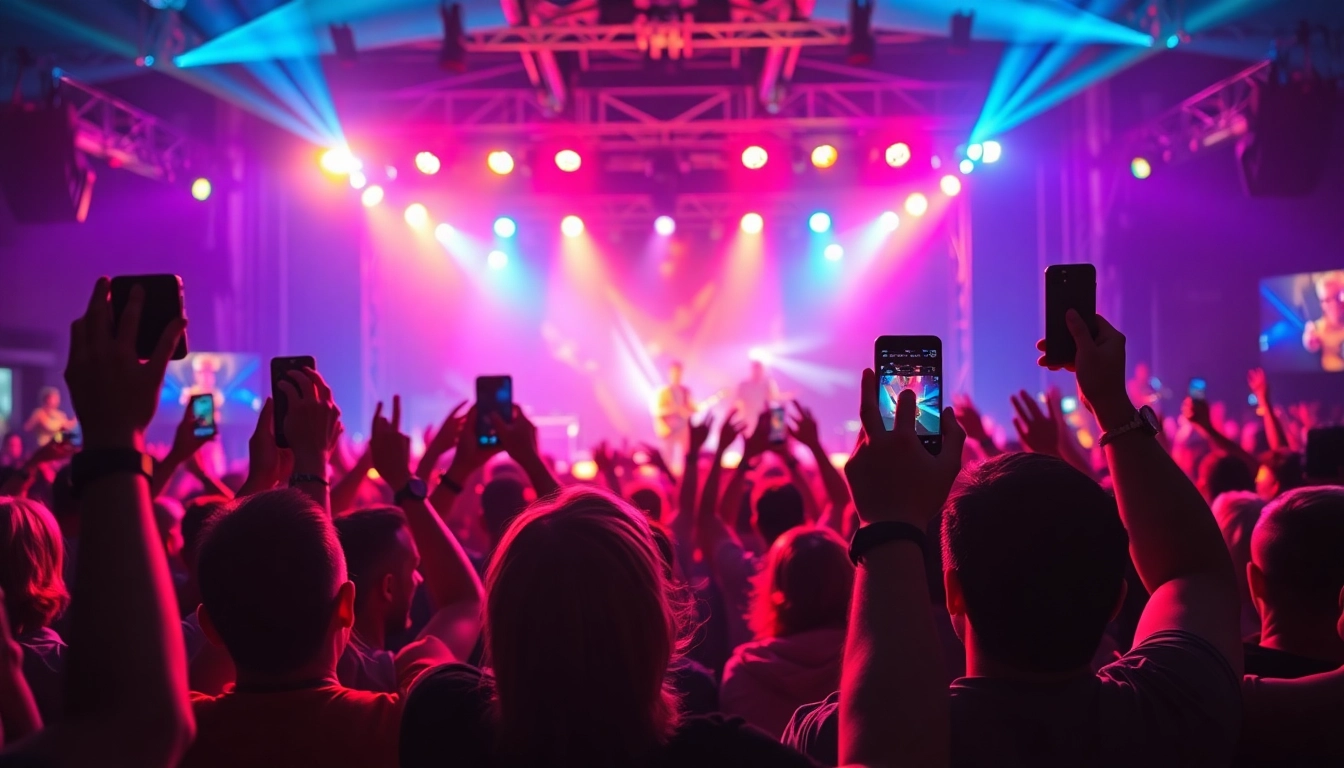Introduction to Chicago’s Hip-Hop Scene
Chicago’s hip-hop scene is a vibrant tapestry woven from diverse cultural, social, and musical threads. Since the genre’s inception, it has evolved dramatically, reflecting the city’s rich history and the struggles of its residents. The city’s artists have not only contributed to the local scene but have also influenced hip-hop culture globally. From the raw energy of the Chicago hip-hop artists of the past to the innovative newcomers, Chicago remains a cornerstone of the hip-hop landscape.
Historical Overview of Chicago Hip-Hop Artists
The foundation of Chicago hip-hop was laid in the 1980s, with pioneers like Common, who emerged with conscious lyrics and a jazzy sound, and Twista, known for his rapid-fire delivery. The Windy City’s rap scene began to gain national attention through the 1990s with the emergence of groups like Crucial Conflict and the Ghetto House movement, which fused local sounds and party music with the hip-hop aesthetics of the time.
By the early 2000s, artists like Lupe Fiasco and Kanye West started to break into mainstream consciousness. Their unique styles—Fiasco with his introspective rhymes and West with his innovative production—helped both shape and define the contemporary sound of Chicago, making the city a hotspot for aspiring artists.
Current Trends in Chicago Hip-Hop
Today, Chicago hip-hop is characterized by its eclectic mix of styles, from drill music popularized by artists like Chief Keef and King Von to more melodic offerings from artists such as Polo G and Juice WRLD. The city is known for its fusion of various genres, blending trap music with elements of rock, jazz, and R&B, creating a unique sound that echoes the city’s diverse cultural background.
Collaboration is also a key feature of the scene, with established and emerging artists frequently working together. Platforms like SoundCloud and Spotify have made it easier for these artists to share their music and connect with larger audiences.
Significance of the Chicago Sound in Hip-Hop Culture
The Chicago sound is not just a musical style; it encompasses deep social commentary, reflecting issues that resonate within the city—violence, poverty, and resilience. Many Chicago artists use their music as a platform for activism, influencing change through their lyrics. This cultural significance positions Chicago not simply as a backdrop to hip-hop, but as a powerful voice in the genre’s evolution.
Legendary Chicago Hip-Hop Artists
Influential Artists Who Shaped the Genre
Throughout hip-hop history, several Chicago artists have left an indelible mark. Kanye West‘s innovative production and genre-blending artistry redefined mainstream hip-hop, while Common‘s socially conscious lyrics continue to inspire audiences worldwide. Their works serve as cornerstones for the Chicago sound, influencing countless artists who followed.
Other influential figures like Chance the Rapper have brought new perspectives to the genre, focusing on spirituality and personal struggles, thereby diversifying the thematic content available in hip-hop today.
Breakthrough Moments in Chicago’s Hip-Hop History
Some pivotal moments have marked the ascent of Chicago hip-hop. Kanye West’s debut album, The College Dropout, released in 2004, blended soulful samples with thoughtful lyrics, showcasing a new approach to hip-hop that challenged the genre’s norms. Similarly, the rise of drill music in the 2010s shifted perceptions of Chicago rap, bringing issues of local violence and street culture to the forefront of conversations about urban life.
The tragic deaths of artists such as Juice WRLD and King Von have also highlighted the realities faced by many young hip-hop artists, serving as stark reminders of the challenges tied to fame and life in the city.
Individuals Who Redefined Hip-Hop Through Their Art
Beyond Kanye and Common, Chicago artists like Lupe Fiasco and Chief Keef have significantly redefined what it means to be a hip-hop artist. Lupe’s thought-provoking narratives engage listeners on social themes, while Chief Keef’s raw audio and visual stylization in his music videos have paved the way for a new generation of artists who embrace more unfiltered and visceral art forms.
As the Chicago scene continues to evolve, newer artists are breaking ground by redefining genres and pushing creative boundaries, ensuring that the city remains at the forefront of hip-hop innovation.
Emerging Chicago Hip-Hop Artists
Top New Artists to Watch in the Coming Years
As the Chicago scene continues to thrive, several emerging artists are catching the eyes of both local and national audiences. Artists like G Herbo, Noname, and Lil Durk are setting new standards in the industry, each bringing unique perspectives and sounds. For example, G Herbo’s gritty storytelling encapsulates the real-life experiences of those from struggling neighborhoods, attracting a dedicated fan base.
Additionally, newer talents in the city, like Matt B and Fly Skinz, are experimenting with sounds that blend hip-hop with other genres, further enriching the musical landscape. They reflect the diversity of the culture in Chicago and signal a promising future for the city’s hip-hop narrative.
Varying Styles and Approaches to Music
The beauty of the emerging Chicago hip-hop scene lies in its diversity; artists are not afraid to blend genres and challenge conventions. For example, Noname’s jazzy influences contrast starkly with the aggressive tones of drill music, highlighting a rich variety in expression. Such diversity offers listeners an array of thematic content and musical experimentation, which is vital for the evolution of the genre.
How New Artists Are Influenced by Their Predecessors
Emerging artists continuously draw inspiration from Chicago legends, absorbing the rich history of the sounds developing in the city. For instance, the introspective lyrics of Lupe Fiasco influence many up-and-coming artists, encouraging them to explore deeper themes than the typical bravado often found in mainstream hip-hop. Similarly, the production techniques of Kanye West inspire new artists to experiment with their sound, proving that the legacy of Chicago hip-hop artists is an ever-present influence.
The Cultural Impact of Chicago Hip-Hop Artists
Chicago’s Hip-Hop and Social Movements
Chicago hip-hop has become an outlet for social and political expression, with artists often addressing systemic issues within their music. For example, the rise of drill music has played a crucial role in sparking discussions about violence and poverty in urban America. Many Chicago rappers use their platforms to raise awareness of societal issues, forging strong ties with community movements and social justice initiatives.
Moreover, collaborations with activists and participation in community events show how deeply artists are intertwined with the streets they came from, solidifying their roles as vital voices in the fight for change.
The Role of Community in Artist Development
The concept of community plays an essential role in the development of Chicago hip-hop artists. The local music scene fosters collaboration, mentorship, and shared knowledge, allowing aspiring musicians to flourish alongside their more established counterparts. Open mic events and local label showcases usually serve as incubators for talent, where new artists can hone their craft and gain exposure.
Furthermore, the significance of local venues should not be underestimated; they provide a platform for artists to interact with fans, cultivate their identity, and create connections that can propel their careers forward.
Cross-Genre Collaborations and Innovations
The Chicago music landscape is marked by a rich history of cross-genre collaborations that enrich both hip-hop and the broader music scene. Collaborations between hip-hop artists with those in R&B, jazz, and even indie rock demonstrate the versatility of Chicago’s artists. For instance, Chance the Rapper’s work with artists like Frank Ocean and Jamila Woods showcases how hip-hop can weave together various influences to create something fresh and exciting.
This cross-pollination of genres not only fosters a higher level of creativity but also encourages a cultural exchange that appeals to a wider audience, transcending traditional genre barriers.
Future of Chicago Hip-Hop Artists
Predictions for the Next Generation
The future of Chicago hip-hop appears bright, as new artists continue to emerge and redefine the scene. It is likely that we will see a continued emphasis on authenticity and genuine storytelling as themes, as listeners increasingly crave relatable and honest content. Additionally, as technology evolves, artists will find innovative ways to reach broader audiences, further expanding Chicago’s reach on the global stage.
With music trends leaning towards emotional vulnerability, the upcoming wave of Chicago artists will likely focus on themes that resonate deeply with listeners’ experiences, ensuring the continued relevance of Chicago hip-hop in the ever-evolving musical landscape.
How Technology Is Changing the Landscape
Technology continues to transform the way music is produced, marketed, and consumed. Digital platforms like Spotify and Apple Music provide artists with unprecedented access to international audiences. Social media, particularly platforms like TikTok and Instagram, has become a vital promotional tool for new artists, enabling them to build dedicated fan bases with minimal financial investment.
In addition, advancements in music production software have democratized the creative process, allowing aspiring artists to produce high-quality music from their homes. This accessibility is crucial for driving innovation and diversity within the Chicago rap scene, as artists can collaborate remotely and share ideas freely.
Maintaining Authenticity in a Digital Era
While technology offers opportunities, it also presents challenges regarding artistic integrity. As artists navigate the digital landscape, maintaining authenticity becomes essential. Chicago hip-hop artists must balance the need for commercial success with their personal narratives and community influences, ensuring that they remain true to their roots amidst the pressures of mainstream appeal.
Staying connected to local communities and resisting the urge to conform to broader trends will be key strategies for preserving the essence of Chicago hip-hop. Through conscious efforts to share authentic stories, artists can foster a stronger sense of identity within the genre.



